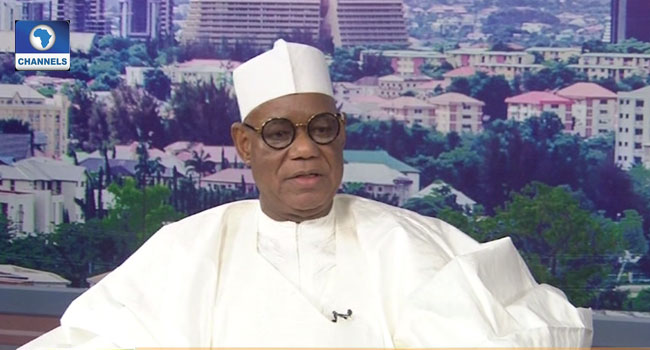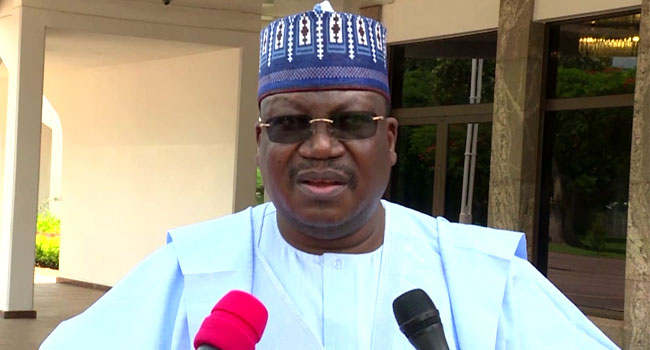
A former presidential adviser on political affairs, Professor Rufai Alkali has reacted to calls for restructuring the nation saying issues confronting Nigeria are inherent not only in the structure but also in the leadership and the people.
Alkali, who is also the former Pro-Chancellor of Federal University of Technology Minna (FUTMinna) said this on Monday during an interview on Channels Television breakfast programme, Sunrise Daily.
“Nigeria’s issues are inherent in its leadership and people. It is time for our ruling elite to realise that if we push our people if you mobilise them and push them to a particular place, you cannot take them back. That is why they will take up arms, to fend for themselves,” Alkali said.
He likened the situation of the country’s leadership to fixing square pegs in triangular slots.
According to him, politicians and leaders should at all times learn to speak with the people clearly, to ascertain the precise issues that the population face, “rather than claim to solve issues without understanding the pressing needs of the populace.”
Alkali speaking further on structural issues and solutions to crisis in the nation, advised Nigerian leaders to step up in their responsibility to the public.
On restructuring, Alkali said the issue is not new, he explained that “In fact, it is as old as Nigeria itself. The history of Nigeria is the history of restructuring in the nation. The issue of restructuring in Nigeria dates back to the 1916’s to 1940’s up to 1960 and 1963 during the First Republic.”
He added that “if we were to look deeper into the call for restructuring, we will list about ten items for debates like, state police, creation of more states, devolution of power from the Federal Government, resource control, the abolition of local governments and many more, which usually are reasons for debate and continuous discussions.”




